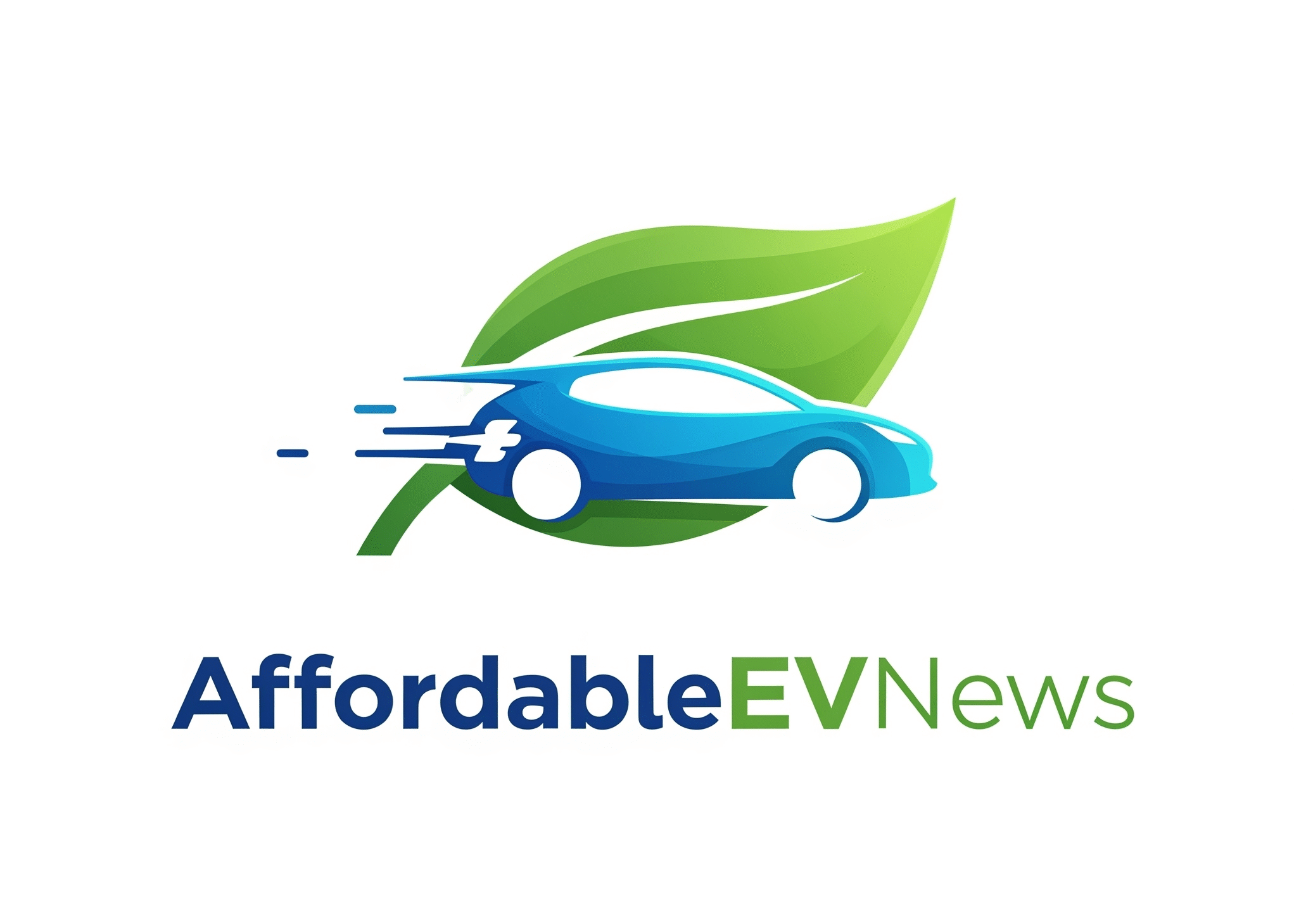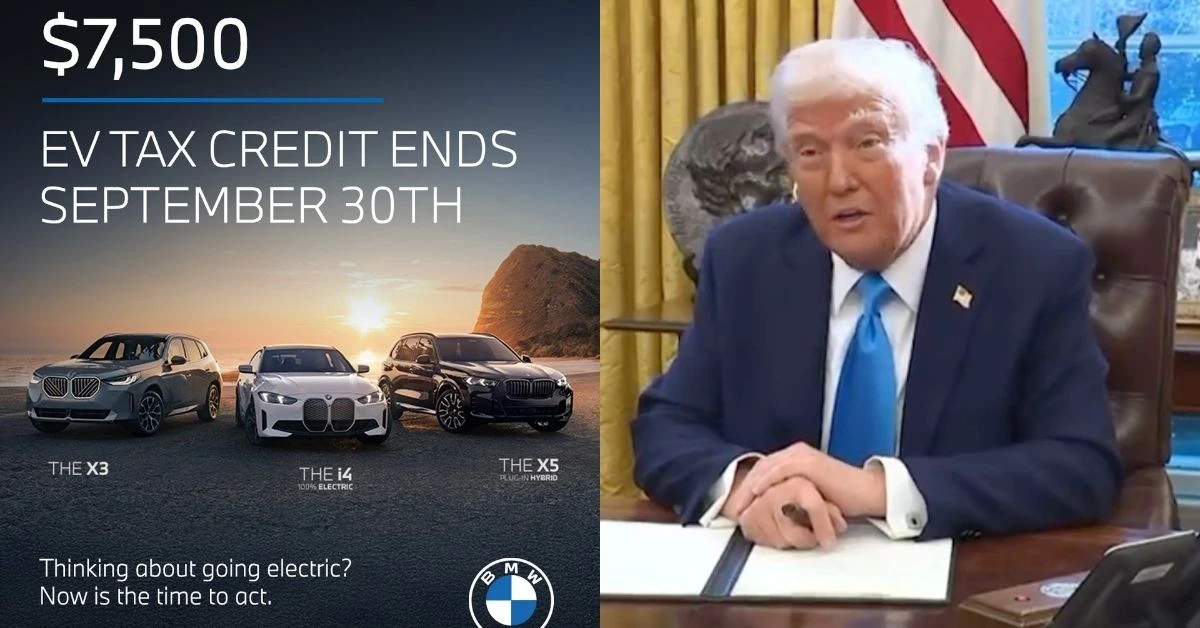Hurry—U.S. EV federal tax credit 2025 up to $7,500 for new cars and $4,000 for used ends September 30, 2025. Learn eligibility rules and how to claim it.
The EV federal tax credit 2025 offers up to $7,500 for new electric vehicle purchases, but time is running out. With key deadlines approaching—including the September 30, 2025 expiration of the Clean Vehicle Credit—this may be your last opportunity to claim these generous incentives. This comprehensive guide breaks down everything you need to know about eligibility, income limits, leasing loopholes, and how to maximize your savings before it’s too late.
1. Key Deadlines You Can’t Miss
- September 30, 2025:
- Last day to claim the $7,500 Clean Vehicle Credit for purchases.
- Expiration of the “leasing loophole” (more below).
- June 30, 2026:
- Home EV charger installation credit expires.
Why This Matters:
Analysts predict a surge in EV sales leading up to September as buyers rush to secure these savings. While Congress could extend the program, you should assume these deadlines are final for planning purposes.
2. Who Qualifies for the $7,500 EV Tax Credit?
Vehicle Requirements
- Must be new (used EVs have a separate $4,000 credit).
- Battery capacity: ≥7 kWh.
- Weight limit: <14,000 lbs.
- Final assembly: North America.
- MSRP caps:
- $80,000 for SUVs, trucks, vans.
- $55,000 for sedans/other vehicles.
Battery Sourcing Rules
To get the full $7,500, the EV must meet both critical mineral and battery component requirements. Otherwise:
- $3,750 if only one requirement is met.
- $0 if neither is satisfied.
(Check the IRS website or FuelEconomy.gov for eligible models.)
Income Limits (2025)
Your modified adjusted gross income (MAGI) must be below:
- $300,000 (married filing jointly).
- $225,000 (head of household).
- $150,000 (single filers).
Pro Tip: You can use your 2024 or 2025 MAGI—whichever is lower—to qualify.
3. How the Tax Credit Works (New for 2025)
- Point-of-Sale Discount: The $7,500 is now applied upfront at the dealer, reducing your purchase price.
- No Tax Liability? No Problem: Unlike before, you don’t need $7,500 in federal taxes to claim the full credit.
- Dealer Submission: The dealer must file a “time-of-sale” report with the IRS within 3 days.
What You Need to Do:
✔ Get a copy of the dealer’s IRS submission confirmation.
✔ Keep all purchase documents for tax filing.
4. The “Leasing Loophole” (Expires Sept. 30, 2025!)
Why Leasing Could Save You More
- No income limits (unlike purchases).
- No MSRP or battery sourcing rules (since the credit goes to the leasing company).
- Lower monthly payments (many automakers pass savings to you).
How It Works:
- The leasing company (e.g., Ford Credit, Tesla Finance) claims the full $7,500 commercial EV credit.
- They lower your lease payments to reflect the savings.
Best Deals Right Now:
- 60% of EV transactions in April 2025 were leases.
- Brands like Hyundai, Kia, and Volkswagen are offering subsidized leases to move inventory.
Act Fast: This loophole disappears after September 30, 2025.
5. Market Trends & Buying Tips
Why Q3 2025 Is the Best Time to Buy
- Record-high incentives: Average EV discounts hit 14.8% of MSRP (~$8,500) in June 2025.
- Inventory glut: Dealers are slashing prices to clear stock before the credit expires.
Steps to Maximize Savings
- Check Eligibility: Use the IRS EV Credit tool.
- Compare Lease vs. Purchase: Leasing may be cheaper short-term.
- Negotiate: Dealers are motivated—ask for additional discounts.
- Secure Financing Early: Rates are volatile; lock in a low APR.
6. What Happens After September 30, 2025?
- EV sales may drop without the tax credit.
- Automakers could increase discounts to compensate.
- Used EV market may grow as buyers seek alternatives.
Long-Term Outlook:
While the EV market won’t disappear, losing the credit could slow adoption. If you’re on the fence, acting before September is crucial.
Final Checklist Before You Buy
✅ Verify eligibility (IRS website or dealer).
✅ Choose lease vs. purchase (leasing avoids income/MSRP rules).
✅ Get all paperwork (especially dealer IRS submission).
✅ Consult a tax pro if unsure about your MAGI.
Bottom Line: Don’t Wait!
The EV federal tax credit 2025 is one of the biggest consumer incentives ever offered—but it’s disappearing soon. Whether you buy or lease, acting before September 30, 2025 could save you thousands.
Poll: Will you buy an EV before the tax credit expires?
✅ Yes—$7,500 is too good to pass up!
✅ No—I’ll wait for better tech/prices.

